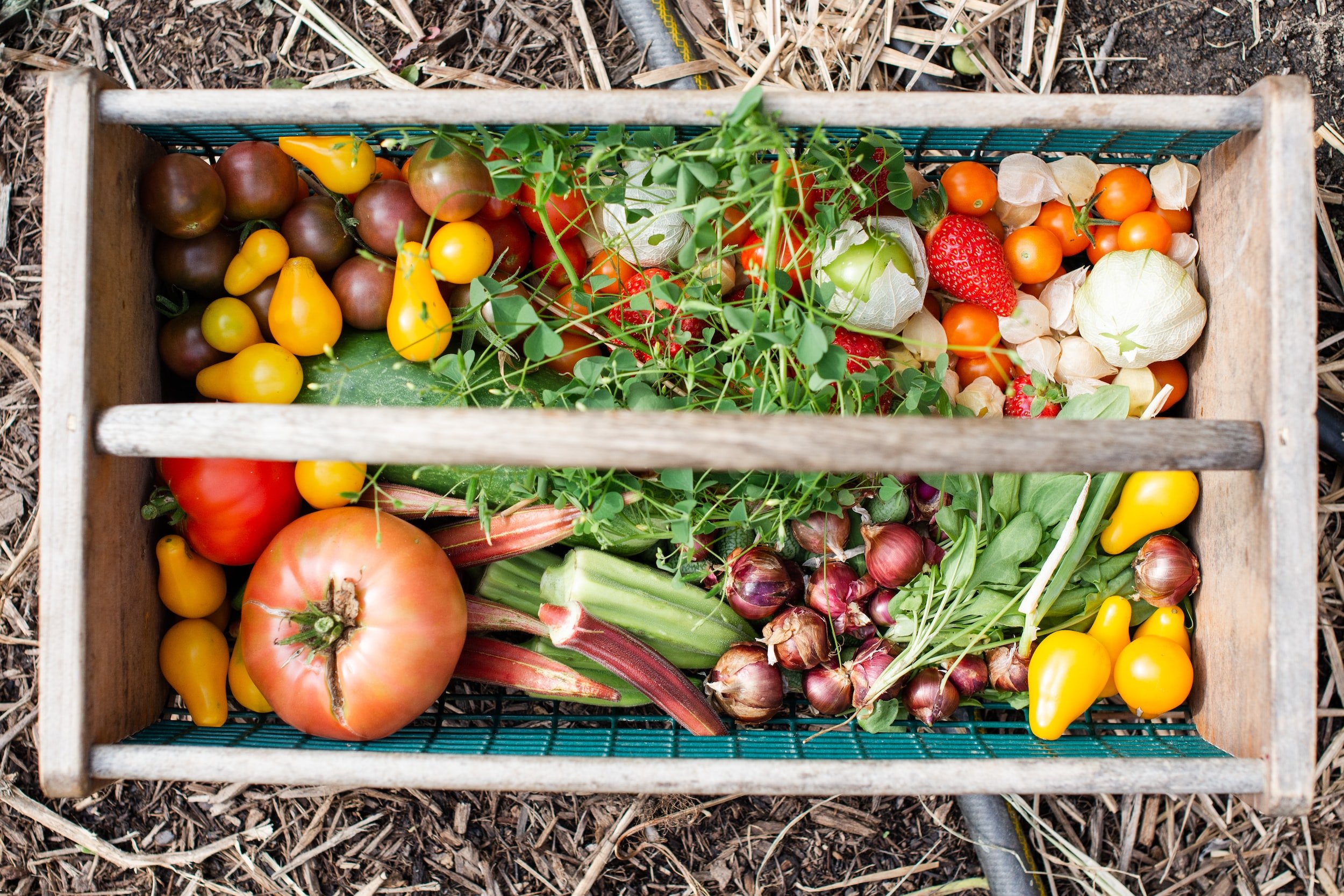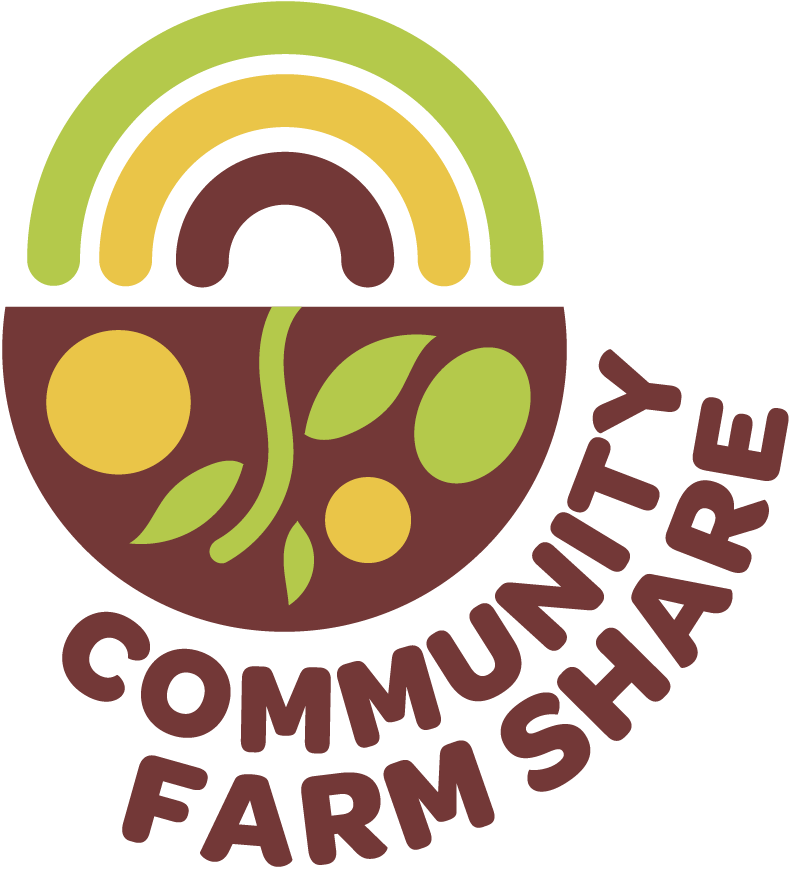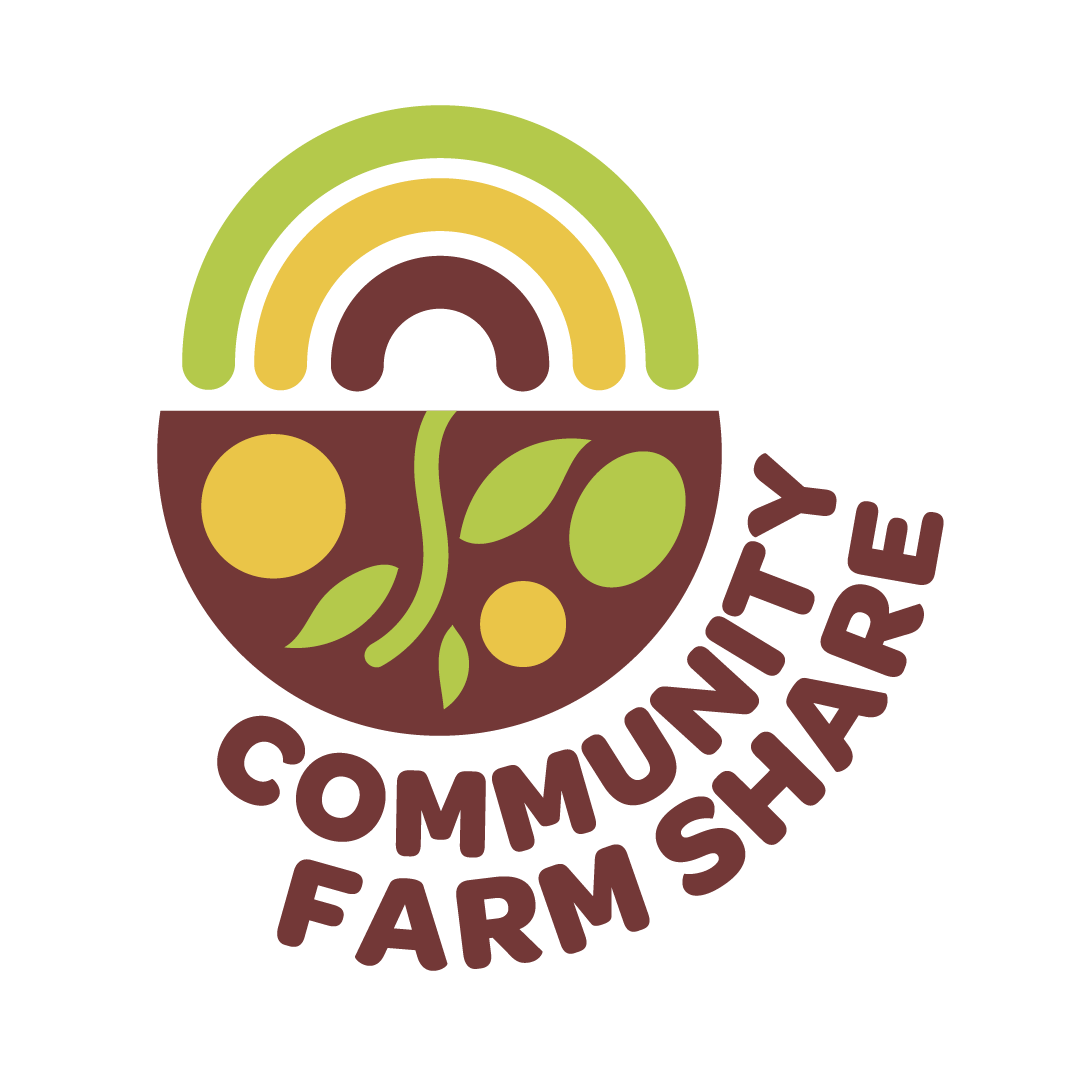
The Need
Small farms are the heart of healthy communities, and the core of sustainable food systems, but are often faced with systemic challenges
Land, Labor and Infrastructure
Equitable access to land, farming resources and funding access have been barriers for farmers of color and historically marginalized farmers
With Montgomery County’s high cost of living and affordable housing shortage, finding and retaining farm workers for labor intensive fruit and vegetable farms has been a challenge
For small farms, reliable sales channels are difficult to access because of smaller production volumes. This challenges is intensified because of the lack of agricultural infrastructure such as local aggregation hubs linked to a regional food system network.
Local aggregation and processing facilities lower cost barriers and lead to opportunities to access institutional buyers
Climate Change
Crop yields have declined due to extreme weather patterns, storms, droughts and floods
Supply chain risks from disruption in a global food system have increased
Greenhouse gasses increase and global temperatures rise in part from industrial agricultural practices
While some programs and investments have been made to support climate change adaptation and mitigation strategies in food production, we are far away from sufficient solutions to these challenges.
Policy and the “true cost of food”
Our industrial food system includes huge “hidden costs” from its impact on human health, the environment, and social and economic inequity.
In 2019, American consumers spent an estimated $1.1 trillion on food. That price tag includes the cost of producing, processing, retailing, and wholesaling the food we buy and eat. It does not include the cost of healthcare for the millions who fall ill with diet-related diseases. Nor does $1.1 trillion include the present and future costs of the food system’s contributions to water and air pollution, reduced biodiversity, or greenhouse gas emissions, which cause climate change. (Rockefeller Foundation)
Large farms growing exclusively commodity crops like corn, wheat, and soy often receive subsidies and other financial supports from the government through the Farm Bill that small farmers growing “specialty” crops don’t qualify for.
Community FarmShare supports MD small scale produce farms.
Food insecurity drives health disparities.
The Challenges of Healthy Food Access
• Continued high number of Montgomery County residents face food insecurity. Nearly 10% of county residents are considered food insecure
• Inflationary pressures continue to raise food prices (along with other price increases) squeezing families’ budgets
• “Food deserts”, or more accurately, the “food apartheid” results in healthy food options not being available in many communities of color.
The Epidemic of Diet Related Chronic Disease
• 7% of Montgomery County adult residents suffer from diabetes and many more face the health challenges of hypertension, obesity and heart disease.
• Unmanaged diet related chronic disease leads to higher healthcare costs for families, creating difficult choices between food, rent, and other critical needs
• Negative health consequences of chronic disease affects success at jobs, school as well as mental health (anxiety/stress).
The Prevalence of Childhood Hunger and Nutrition Insecurity
49% of all households with children across the DMV region experienced food insecurity at some point during the last year, as opposed to only 25% of households without children. (Capital Area FoodBank, Hunger Report 2022).
Research shows an association between food insecurity and delayed development in young children; risk of chronic illnesses like asthma and anemia; and behavioral problems like hyperactivity, anxiety and aggression in school-age children. (Feeding America)







